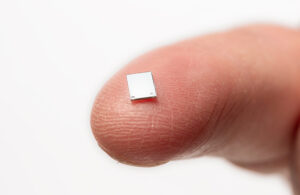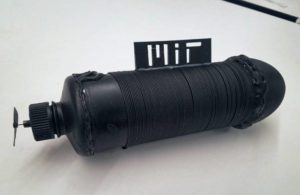Ilika and Cirtec Medical say they have entered into a manufacturing and commercialization partnership for Ilika’s Stereax line of miniature, solid-state batteries. The companies’ memorandum of understanding outlines the transfer of Stereax millimeter-scale battery manufacturing to Cirtec’s production facility in Lowell, Massachusetts. RELATED: How tiny solid-state batteries enable smaller implants that recharge faster The deal…
MIT engineers claim they’ve created the world’s longest flexible fiber battery
Researchers at MIT say they developed a rechargeable lithium-ion battery in the form of a fiber that could be woven into fabrics. The researchers say the battery, developed in the form of an ultra-long fiber, could enable a variety of wearable electronic devices and may even be used to make 3D-printed batteries in a multitude…
Medtronic recall of HeartWare HVAD system battery charger is Class I
The FDA has labeled a Medtronic (NYSE:MDT) HeartWare HVAD system battery charger as Class I — it’s most serious level. A notice out March 9 from the FDA said that the Fridley, Minn.-based medtech giant recalled 5,489 total battery charger devices due to the potential for an HVAD system user to mistakenly insert the charger’s AC […]
DOE lab is using machine learning to build a better battery
The U.S. Department of Energy’s Argonne National Laboratory is working to use machine learning and artificial intelligence to build a better battery. Should the DOE’s efforts prove fruitful, it could be a positive development for the medical device industry, where batteries have proven to be a technological stumbling block when it comes to device miniaturization.…




